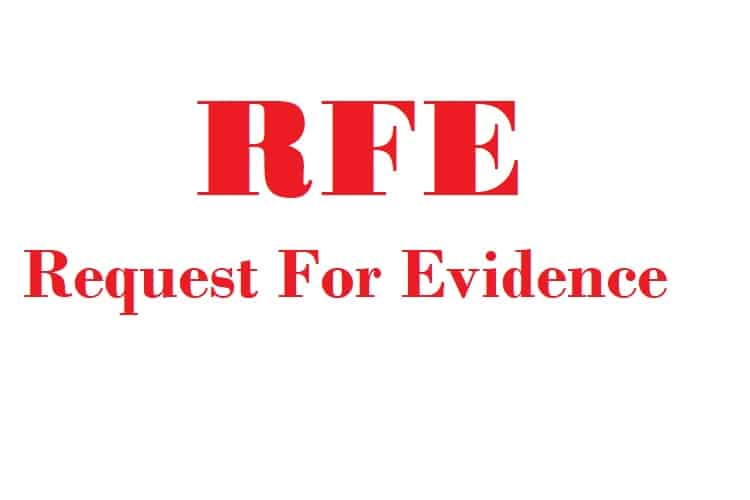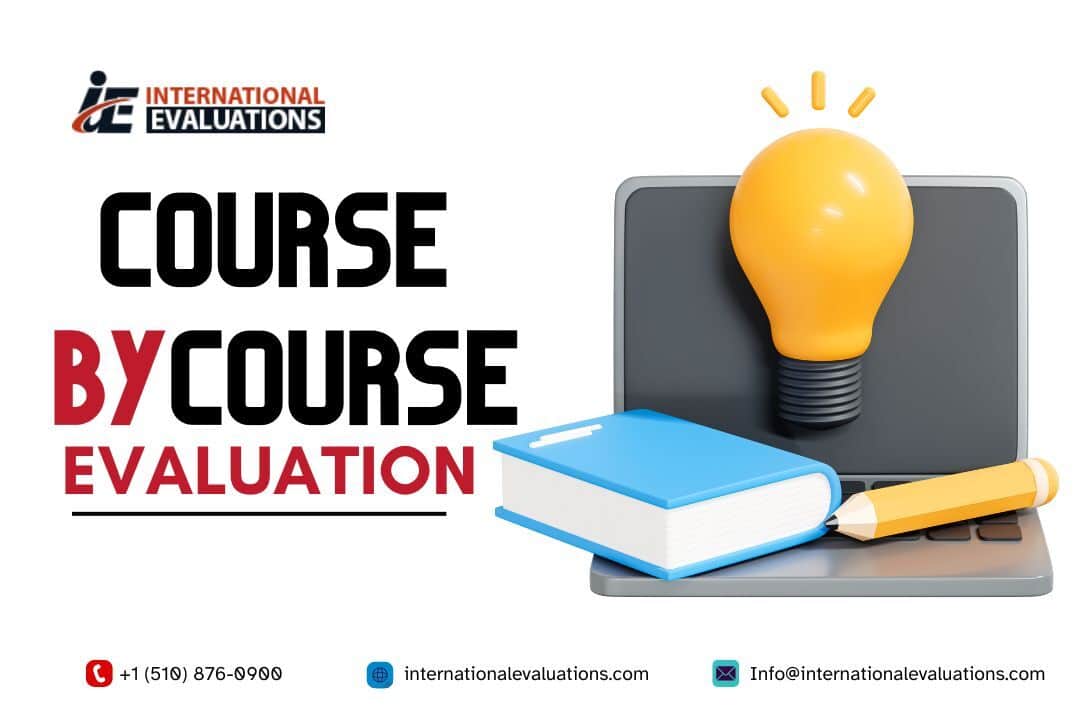Introduction
In an increasingly globalized world, the need to evaluate work experience precisely has actually never ever been more important. People aiming to advance their professions or relocate often find themselves navigating a labyrinth of academic and expert credentials from numerous countries. For companies and educational institutions alike, comprehending these qualifications is pivotal in ensuring that they select the ideal prospects.
This short article dives deep into Unlocking Potential: Comprehensive Work Experience Evaluation Techniques, checking out different methodologies, including academic credential evaluation, international credential evaluation services, course-by-course credential evaluation, and the importance of the expert opinion letter in making informed choices about possible workers or students.
Unlocking Possible: Comprehensive Work Experience Assessment Techniques
Evaluating work experience serves as a bridge in between specific potential and opportunity. Yet, how do we unlock this possible efficiently? The response depends on a multi-faceted approach that includes various assessment techniques customized to private requirements and contexts.
Understanding Work Experience Evaluation
Work experience evaluation examines a person's professional background, abilities, and proficiencies relative to job requirements or academic standards. This process can considerably vary based upon area, market, and specific roles.
The Significance of Precise Evaluation
Why is accurate work experience examination essential? Slipups can result in poor hiring decisions, mismatched educational positionings, or unfinished profession aspirations. It's important for companies and institutions to guarantee they use accurate approaches when examining qualifications.
Key Parts in Evaluating Work Experience
Professional Background Check
An extensive evaluation of previous employment history is essential. This includes verifying job titles, periods of work, duties held, and achievements.
Skills Assessment
Understanding the skills obtained throughout previous roles assists assess viability for future positions.
Industry Relevance
Assessing whether previous experiences line up with current industry requirements is essential for a significant assessment.

Academic Credential Evaluation
This includes analyzing any formal education received together with professional experience.
Types of Credential Evaluations
International Credential Evaluation Services
When candidates have credentials from foreign institutions, worldwide credential examination services come into play.
What Are International Credential Assessment Services?
These services assess foreign instructional credentials versus local requirements. They offer insights into how degrees translate within the domestic education system or labor market.
Why Usage These Services?
- To comprehend equivalency in regards to education level To help with smoother immigration processes To boost employability by confirming foreign qualifications
Course-by-Course Credential Evaluation
What Is Course-by-Course Credential Evaluation?
This type assesses each course taken throughout a candidate's education journey rather than simply offering a total degree equivalency.
Benefits
- Detailed insights into particular courses undertaken Enables institutions to make educated decisions concerning credit transfers Supports applicants seeking more education by highlighting strengths and weaknesses
Crafting Reliable Professional Opinion Letters
A specialist viewpoint letter works as an important document in numerous assessment procedures.
What Is a Specialist Viewpoint Letter?
This letter is composed by professionals who have expertise in examining academic credentials or work experience relative to industry standards.
Why Are They Important?
Expert opinion letters serve multiple functions:

- Provide reliable assessments Validate claims made by candidates about their experiences Enhance trustworthiness throughout application processes
Steps for Conducting an Extensive Work Experience Evaluation
Gather Documentation
Collect all pertinent files consisting of CVs, reference letters, and efficiency reviews.
Conduct Interviews
Direct discussions offer much deeper insights into candidates' experiences and soft skills.

Use Standardized Tools
Utilize frameworks or tools designed for evaluating skills and experiences systematically.
Comparison Versus Standards
Line up findings with market benchmarks to determine importance and value.
Compile Findings into Reports
Present outcomes plainly for stakeholders' review-- transparency is key!
Challenges in Work Experience Evaluation
Recognizing Pitfalls
Despite best shots, challenges abound in assessing work experience accurately:
Cultural Differences Variability in Task Titles Lack of Standardization Throughout RegionsHow to Conquer These Challenges?
- Train critics on cultural competency. Utilize databases that clarify job title equivalencies across industries.
FAQs
1. What does scholastic credential examination entail?
Academic credential examination generally involves examining degrees acquired from various organizations worldwide to identify their equivalency in another country's education system.
2. Why are worldwide credential evaluation services necessary?
They aid verify foreign certifications so that people can gain employment or admission into educational programs without confusion over their qualifications' legitimacy.
3. What differentiates course-by-course credential assessment from routine evaluations?
Course-by-course evaluations examine each specific course taken during one's education rather than merely assessing the degree as a whole.
4. How does a skilled viewpoint letter support my application?
A specialist viewpoint letter supplies reliable backing for your claims regarding your credentials or experiences and can significantly strengthen your application's strength.
5. What are common difficulties dealt with during work experience evaluations?
Common obstacles include cultural distinctions impacting analyses of roles/skills, irregularity in job titles across regions, and absence of standardization resulting in confusion over equivalencies.
6. How can I get ready for a work experience evaluation?
Gather https://andrespovy698.fotosdefrases.com/optimizing-your-educational-potential-with-course-by-course-evaluations thorough paperwork like your CV/resume, referrals from previous companies, performance evaluations if readily available, and be prepared to discuss your experiences openly during interviews.
Conclusion
As we've explored throughout this short article on " Unlocking Potential: Comprehensive Work Experience Examination Techniques," it's clear that efficient examinations depend upon nuanced understanding and meticulous execution of numerous approaches-- varying from scholastic credential evaluations to skilled viewpoint letters that provide credence to individual narratives.
Employers need to embrace these extensive methods not just as bureaucratic necessities however as chances to empower individuals through reasonable evaluations-- eventually unlocking the huge potentials concealed within varied backgrounds worldwide! By investing time in refining these techniques today, organizations can construct more powerful groups tomorrow while people can browse their career courses with clarity and confidence.